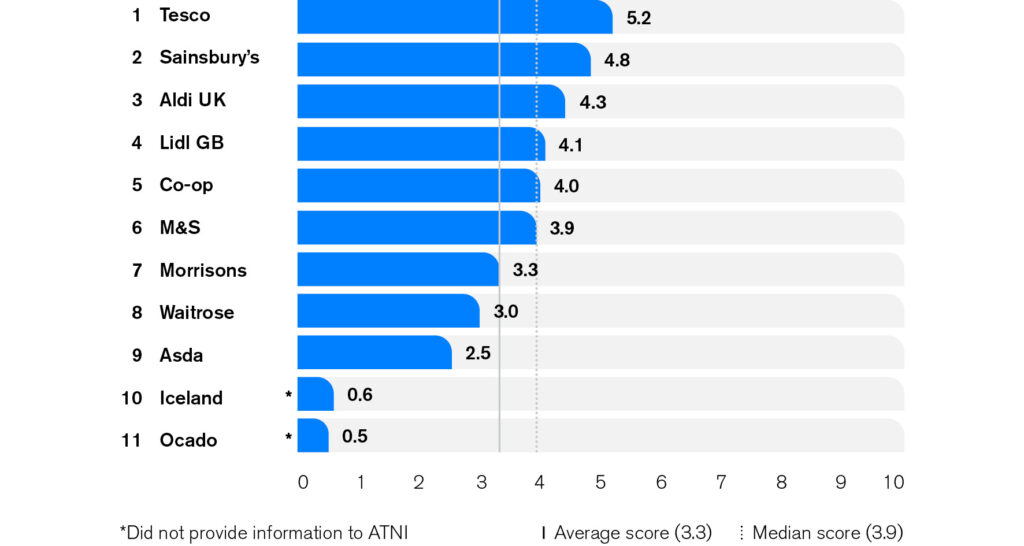
UK Retailer Index 2022
ATNI’s UK Retailer Index 2022 is the first full nutrition- and health-specific Index to assess all major food retailers within the UK market
Context
There is a nutrition-related health crisis in the United Kingdom
Poor diet accounts for an estimated one in seven deaths and contributes significantly to the disease burden from cardiovascular disease, many cancers and type 2 diabetes. There is a clear discrepancy between the UK government’s recommendations for a healthy balanced diet (as laid out in the Eatwell Guide) and the average diet, with most people eating too many foods high in fat, salt and sugar and low in fruit, vegetables, fibre and wholegrain.
Obesity continues to rise, with the COVID-19 pandemic seeing the largest-ever increase in prevalence of childhood obesity. There are stark socioeconomic inequalities related to nutrition: there are inequalities in diet, in rates of obesity and in breastfeeding, and food insecurity has risen across the UK.
Urgent action is needed to reshape the food system in the UK into one in which healthy food is the affordable, easy and desirable option – and the retailers from which most people make the majority of food purchases have an important role to play in this transformation. The 11 major food retailers assessed for this report account for over 80% of spending on groceries in the UK, providing them with a huge opportunity – and, arguably, a responsibility – to ensure that these food purchases contribute to addressing the UK’s poor eating habits.
The retailers have the ability to ensure that all their customers across the UK (whatever their income) have access to a wide range of affordable, healthy products, with responsible marketing directed towards healthy products rather than products that are less healthy.
Ranking
The average score across all retailers is 3.3 out of 10
Methodology
How did we assess the retailers in this Index?
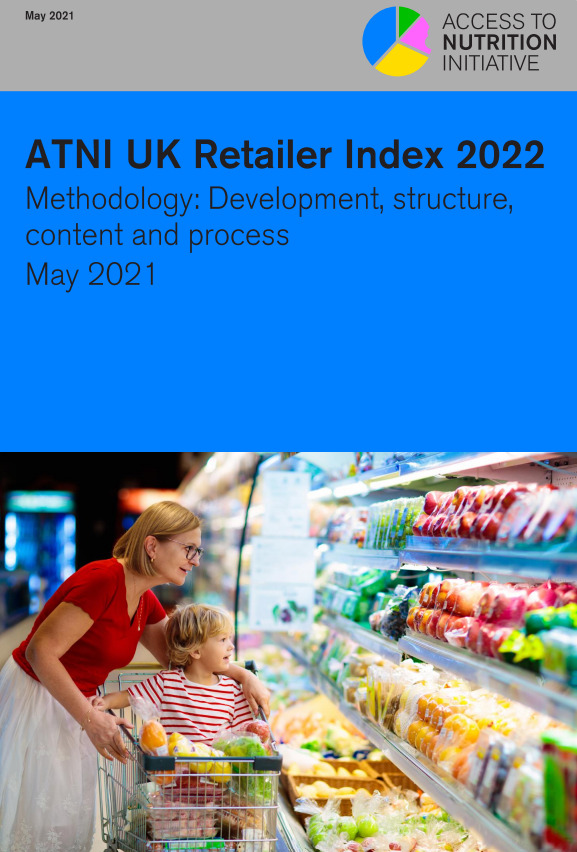
The UK Retailer Index 2022 consists of eight nutrition-related Topics, which are based on the Categories within ATNI’s Global Index and which have been developed in consultation with UK experts. The UK Supermarket Spotlight 2020 was the precursor to the UK Retailer Index 2022 and provided clear proof of concept: the current Index refines and significantly expands on the Spotlight report. ATNI actively sought engagement with all 11 retailers at several points in the assessment process (including through the use of non-disclosure agreements) to ensure that the analysis and reporting is as detailed, fair and representative as possible.
Each retailer was assessed in mid-2021 by ATNI on a total of 126 indicators, covering commitment, performance and disclosure across the Topics. Together, the Topics address governance, the production and placement of healthy, affordable products, and how the retailers influence customer choices and behaviour, both online and in-store. Each Topic is weighted according to the impact that it is considered to have on the diet of the retailers’ customers across the UK.
Retailers
Click on the retailer's logo to open their Scorecard

Go to company scorecard

Go to company scorecard

Go to company scorecard
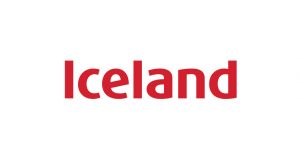
Go to company scorecard

Go to company scorecard
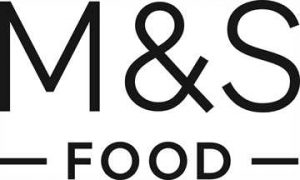
Go to company scorecard
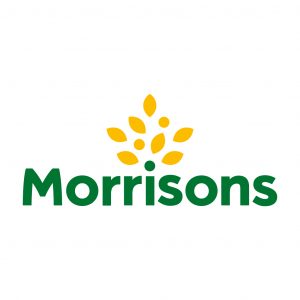
Go to company scorecard
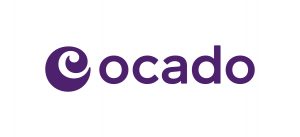
Go to company scorecard
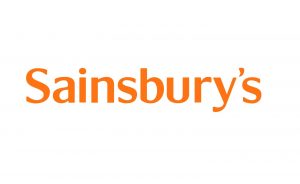
Go to company scorecard
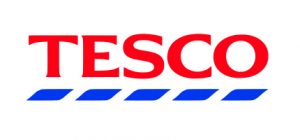
Go to company scorecard

Go to company scorecard
Key Findings
There is very considerable variation in the performance of the retailers. No one company stood out as taking strong action across all Topics. The average across all retailers is 3.3 out of 10. Overall, these results show that companies need to enhance their efforts to encourage healthier diets in the UK
Governance points the way: Retailers who score relatively highly for Governance also tend to rank higher in the UK Retailer Index 2022 as a whole. This is indicative of the association between robust nutrition governance, more comprehensive commitments and better performance across other areas such as responsible marketing, labelling, product formulation and engagement with stakeholders.
There are different definitions of ‘healthy’: Many of the retailers use a nutrient profiling model (NPM), which can be used for a wide range of applications, including guiding reformulation (own-brand products), product ranges and stocking, and marketing/promotions (all products). However, not all the retailers use the government-endorsed Food Standards Agency 2004/5 model, sometimes using their own standards or a combination of models. This inconsistency between retailers potentially leads to confusion among customers and others (including investors and policymakers) as to the healthiness of products. Many are also not on track to reach UK government targets and ambitions on reformulating to remove unhealthy food components (salt, sugar and calories).
Performance is patchy: There are significant differences in the level of commitment/action being taken by the retailers, whether this is in product reformulation, in-store and on-pack marketing/promotion, or positive engagement with stakeholders. No one company led the way across all Topics, which suggests there is significant scope for even the higher-scoring retailers to learn from each other and improve their performance across all areas of the Index.
There is a lack of transparency in provision of information: Retailers often do not provide clear, accessible information on their nutrition commitments, their NPMs, and the performance and impact of their actions on nutrition across all aspects of this Index. Steps also still need to be taken in improving product nutrition information on-pack and online for customers.
For topic-specific findings, read the report.
Recommendations
As a minimum, ATNI recommends that all retailers take the following actions:
Governance
Fully integrate nutrition considerations into commercial business functions, including by a) developing specific objectives and activities to improve access to and affordability of healthy foods (including for those on low incomes) and b) publicly disclosing strategies, targets and a comprehensive multi-year plan for delivery, applicable across the whole company, including all store formats and online.
Nutrient profiling - defining 'healthy' products
Set minimum standards for healthy products through the adoption of the robust, government-endorsed Food Standards Agency 2004/5 NPM, and use this to a) develop new healthy own-brand products and reformulate existing products to make them healthier and b) guide decisions on the healthiness of the full portfolio through stocking, pricing, positioning, promotion, marketing and labelling of products.
Product formulation
Set clear, timebound targets and report on progress to decrease levels of unhealthy nutrients and food components (salt, sugar, calories, saturated fats and industrial trans fatty acids) and increase levels of positive nutrients and food components (fruit/vegetables and wholegrain) in own-brand products, and commit to offer smaller-sized portions of unhealthy products.
In-store promotion, pricing and placement
Commit to address the affordability of healthy foods (particularly for those on low incomes) and establish and act upon a clear framework to ensure accessibility and availability of healthy products in-store and online, by increasing the prominence of healthy products and moving away from promotion of less healthy products.
Media and on-pack advertising
Adopt a clearly articulated responsible marketing policy covering all customers including children (up to the age of 18), and refrain from using child-oriented marketing methods for unhealthy foods both on-pack and on all forms of media.
Accessibility of nutrition information and labelling
Develop, publish and adhere to a policy on front-of-pack labelling (including ensuring accessible online nutrition information) that is aligned with Institute of Grocery Distribution guidance, disclosing both the proportion of products that are compliant and stating reasons for any exemptions.
Engagement with stakeholders and policymakers
Publish and adhere to a clear, comprehensive policy in line with the Responsible Lobbying Framework (including to engage only with policymakers in alignment with public health interests, as identified by the government) and disclose both the company’s policy positions on government consultations and its membership of industry and trade associations.
Infant and young child nutrition
Retailers that sell BMS or complementary food: Expressly commit to adhere to the World Health Organization’s International Code of Marketing Breastmilk Substitutes (BMS) and subsequent World Health Assembly resolutions on marketing of BMS and complementary food (which go beyond UK legislation).
Retailers that manufacture own-brand complementary food: Strive to ensure that the nutritional composition of own-brand complementary food aligns with nutritional guidance for these products published by WHO/Europe.
For more information on how companies can improve, read the report.
Acknowledgements
| The ATNI UK Retailer Index 2022 is being supported by ShareAction, through a grant from Impact on Urban Health, part of Guy’s & St Thomas’ Foundation.
|
The writing of this ATNI UK Retailer Index 2022 report, the underlying methodology development and the research were conducted by the Access to Nutrition Initiative UK Retailer Index project team, which consists of Martina Asquini, Babs Ates, Marije Boomsma, Inge Kauer, Nadine Nasser, Aurélie Reynier, Elena Schmider, Alex Tobin and Mark Wijne, along with external consultants Katy Cooper (lead author) and Mali Gravell.
ATNI wishes to thank our UK Retailer Index expert group members Chris Holmes, Mike Rayner and Christina Vogel for their valuable input and advice throughout the development of this report and underlying methodology. We would also like to thank Ignacio Vazquez and Lily Roberts from ShareAction, who contributed to improving the report.
Design & formatting: Kummer & Herrman
